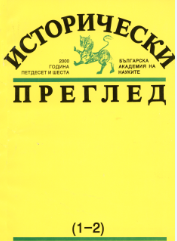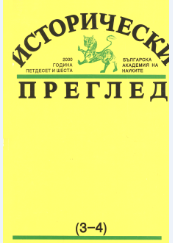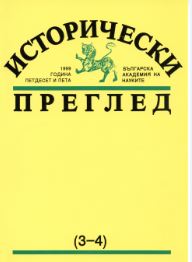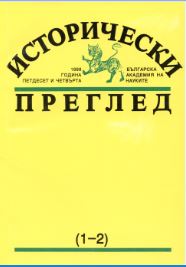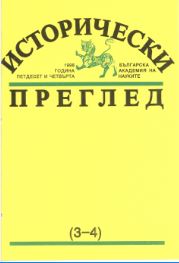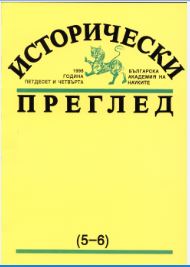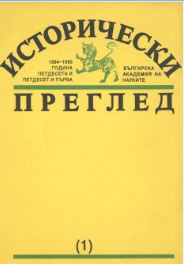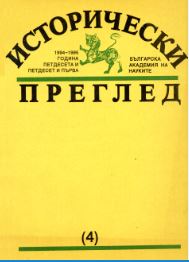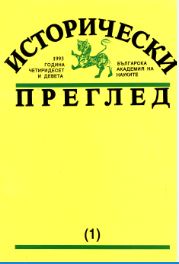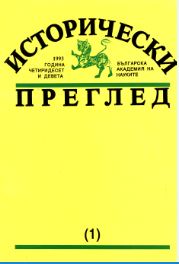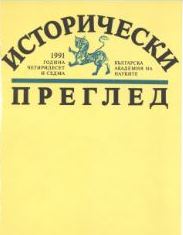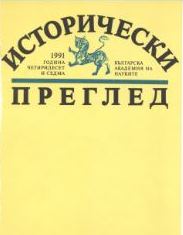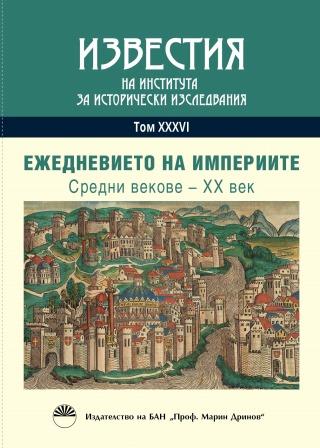
Дисциплина и всекидневие на кадровия състав на ВМОРО (1893–1912)
At the core of the exposition is the ‘disciplined’ rebel (chetniks), who voluntarily accepts all the requirements in order to be included in the mysteries of a revolutionary organization. Loyalty to the cause is the principle in the name of which the members of IMARO are ready to give their lives. The whole disciplinary policy is clearly formulated and ‘codified’ in a coherent system of policy documents that have the force of a law. The topic of the IMARO personnel’s morality, to which the revolutionary leaders pay special attention, also has an important place in the exposition.
More...
